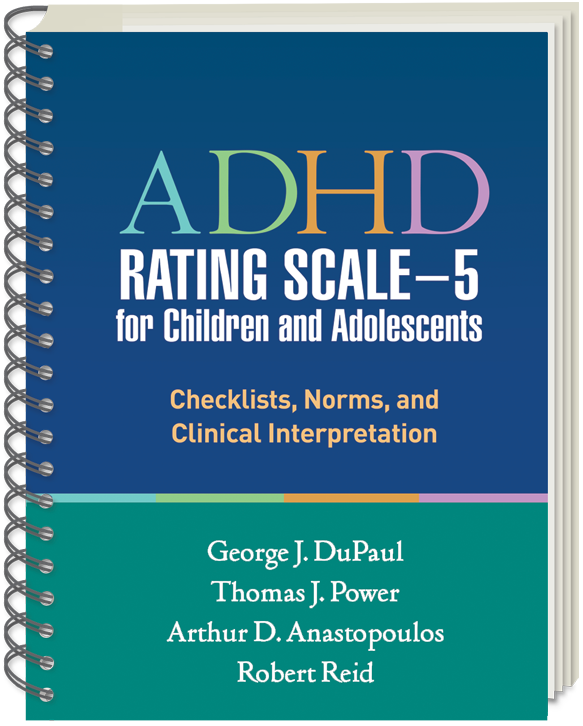What are rating scales in ADHD?
The Conners’ Parent Rating Scale (CPRS) is a parent-report measure that assesses children’s problem behaviors, particularly symptoms of attention deficit hyperactivity disorder (ADHD) and related disorders (including oppositional defiant disorder and conduct disorder). Conner's Abbreviated Teacher Rating Scale Author: Taneal Bhandari Subject: Conner's Abbreviated Teacher Rating Scale Keywords: Atlanta's premier Adult, Child & Adolescent Psychiatry and Therapy practice. Path Group of Atlanta. Created Date: 11:53:11 PM. 50 mb games for pc.
Rating scales are an essential part of the full assessment process for attention-deficit hyperactivity disorder (ADHD) or hyperkinetic disorder (HKD).1-5 Rating scales vary in format and scope, recognising the need for multidisciplinary input on an individual’s condition and symptomatology, as addressed in guidelines for ADHD.1-5
Free Conners Rating Scale Printable
Key variable components of ADHD rating scales include: Download firmware fiberhome an5506-04.
Conners Rating Scale online, free
- Specificity – ADHD-specific scales that rate symptoms include the ADHD Rating Scale V (ADHD-RS-V)6 for children and the Adult ADHD Self-Report Scale for adults.7 Standardised rating scales enable clinicians to evaluate multiple aspects of well-being and to compare these results with specific clinical subgroups, the general population, or both.
- Assessment measures – these include8:
- Frequency or severity of ADHD symptoms
- Levels of functional impairment
- Impact on quality of life and finances.
- ADHD population – rating scales are available for use in children, adolescents or adults.8
- Means of administration – clinician-, parent-, teacher- or self-reporting rating scales have been developed; teachers in particular are recognised to have a crucial role in assisting with accurate clinical case identification in children with ADHD.8
- Scoring method – questions may require Likert scale, yes/no, or free-text responses. Cut-off values for improvement following treatment vary between rating scales.8
- Availability and cost – many ADHD rating scales are freely available to clinicians; however, some require online purchase. Copyright restrictions vary between rating scales and must be adhered to.8

How is a rating scale selected to measure ADHD?
Rating scale selection depends on the requirements of the investigator. Some rating scales (e.g. the Diagnostic Interview for ADHD in Adults9) are designed only for diagnosis, whereas others are optimised to measure symptom frequency (e.g. Swanson, Nolan and Pelham [SNAP]-IV10), symptom severity (e.g. ADHD-RS-V6) or improvement in symptoms over time (e.g. Clinical Global Impression of Improvement11). Treatment responses are best measured by rating scales with well-defined minimal clinically important difference, such as the ADHD Investigator Symptom Rating Scale.12
A diagnosis of ADHD should not be made solely on the basis of rating scale or observational data.1However, rating scales and observations are valuable adjuncts, and observations are useful when there is doubt about symptoms.1
eLearning: Rating Scales
Rating scales used for the assessment of ADHD prior to formal diagnosis
How do rating scales contribute to a diagnosis of ADHD?
Rating scales are only one component of a comprehensive assessment process, and the National Institute for Health and Care Excellence (NICE) guidelines recommend that a diagnosis of ADHD should be made on the basis of: Convert .fh10 to pdf.
Free Conners Rating Scales
- A full clinical and psychosocial assessment of the individual, which should include discussion about behaviour and symptoms in the different domains and settings of the individual’s everyday life and
- A full developmental and psychiatric history and
- Observer reports and assessment of the individual’s mental state.1

- NICE guideline 2018. Attention deficit hyperactivity disorder: diagnosis and management. Available at: https://www.nice.org.uk/guidance/ng87. Accessed January 2021.
- Canadian ADHD Resource Alliance (CADDRA). Canadian ADHD Practice Guidelines. Edition 4.1. Toronto, ON: CADDRA, 2020.
- Banaschewski T, Hohmann S, Millenet S. Aufmerksamkeitsdefizit-/Hyperaktivitätsstörung (ADHS) im Kindes-, Jugend- und Erwachsenenalter. DGKJP, DGPPN and DGSPJ German guidelines. 2018.
- Guías de Práctica Clínica en el SNS. Grupo de trabajo de la Guía de Práctica Clínica sobre las Intervenciones Terapéuticas en el Trastorno por Déficit de Atención con Hiperactividad (TDAH). 2017.
- Kooij JJS, Bijlenga D, Salerno L, et al. Updated European Consensus Statement on diagnosis and treatment of adult ADHD. Eur Psychiatry 2019; 56: 14-34.
- DuPaul GJ, Power TJ, Anastopoulos AD, et al. ADHD Rating Scale-5 for Children and Adolescents: Checklists, Norms, and Clinical Interpretation. New York, NY: Guilford Press, 2016.
- Ustun B, Adler LA, Rudin C, et al. The World Health Organization Adult Attention-Deficit/Hyperactivity Disorder Self-Report Screening Scale for DSM-5. JAMA Psychiatry 2017; 74: 520-526.
- Kollins SH, Sparrow EP. Rating scales for the assessment of ADHD. In: Conners CK, ed. Guide to Assessment Scales in Attention-Deficit/Hyperactivity Disorder. Chester, UK: Springer Healthcare Communications Ltd., 2010, p6-40.
- Kooij JJS, Francken MH. Diagnostic Interview for ADHD in Adults (DIVA). 2010. Available at: http://www.divacenter.eu/Content/VertalingPDFs/DIVA_2_EN_FORM%20-%20invulbaar.pdf. Accessed January 2021.
- Swanson JM. The SNAP-IV Teacher and Parent Rating Scale. 2019. Available at: https://www.adhdfoundation.org.uk/wp-content/uploads/2019/04/ADHD-screening-with-SNAP.pdf. Accessed January 2021.
- Guy W, National Institute of Mental Health (U.S.). Psychopharmacology Research Branch. Clinical Global Impressions. In: Guy W, ed. ECDEU Assessment Manual for Psychopharmacology, Revised. Rockville, MD: US Dept Health, Education and Welfare, 1976, p217-222.
- Spencer TJ, Adler LA, Meihua Q, et al. Validation of the Adult ADHD Investigator Symptom Rating Scale (AISRS). J Atten Disord 2010; 14: 57-68.